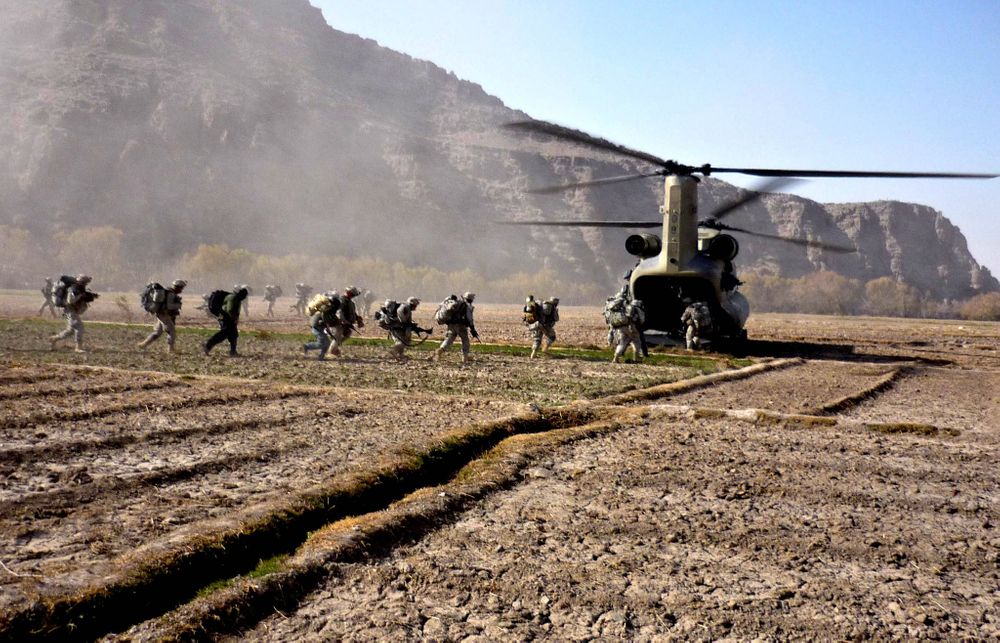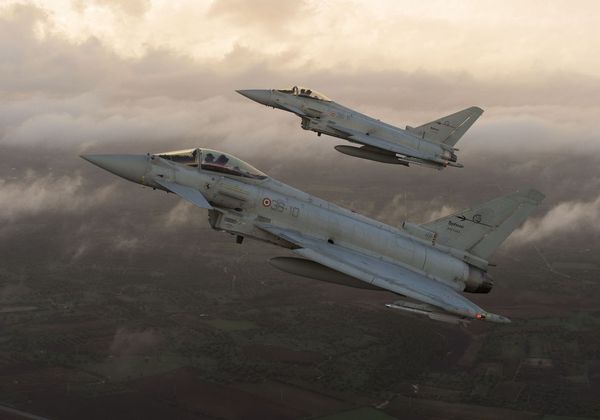The importance of virtualization for the Defense sector
This article has first been published by the Italian Chapter of AFCEA
Virtualization has been a major component of the standard technology stack for any IT infrastructure across the world. It is pretty much everywhere at this point, so much so that it is easy to forget that it is even there. Let's take as the great example of cloud computing. Cloud services could simply not exist without virtualization. Cloud is the pooling of virtualized compute, network and storage resources across data centers.
The Defense ecosystem and its use cases are no different in that regard. Let's briefly see what virtualization can do -and already does- for Defense.
Virtualization for Defense IT
In so many ways, the Defense IT, the infrastructure and digital services that run inside any Ministry of Defense and related entities are not different from the systems that run in completely different ministries or even private companies. Virtualization is used because it helps IT departments make the best out of their hardware, reduce the number of servers they have to acquire and maintain, and because of the very practical tools it offers when it comes to systems and delivery management. Through virtualization, operating systems, applications and data do not rely on a specific server anymore and no longer run the risk of getting lost if that piece of hardware breaks down: virtualization offers the possibility of redundancy, portability, scale up and down, manageability, replication and backup across an entire infrastructure. This is not something to shun away from, and when considering the importance and even the sensitiviy of the missions carried by a Ministry of Defense these features can be deemed as having a real impact on the sovereignty of a country.
Virtualization for CyberDefense use cases
There is a range of use cases for virtualization specific to cyber operations that cannot be discussed in detail as scenarios tend to be classified. However, it is important to note that virtual machines - virtual environments - can be used in the course of cyber operations for a variety of missions. For instance, a virtual machine can act as the primary infrastructure enabling the delivery of an offensive cyber payload into an adversarial information system. Or it can be used as an easily disposable element that is used to lure and attract intruders (otherwise referred to as a honeypot). Generally speaking virtual machines can be created and turned off by their hypervisors or a management platform on demand to accomodate a broad range of scenarios in what is often referred to as "adversarial contexts". Applications -secure or not- are delivered and used alongside their proper environments and operating systems and switched off as quickly as the mission requires it. We can think of virtual machines as expandable armored transport that can be used for in a variety of contexts.
New and emerging use cases specific to Defense contexts
Virtualization does not stop at the use cases described previously. New and emerging use cases have emerged.. A company like Vates, a member of AFCEA, and others, have identified the need for turnkey virtualized systems combining several key elements. These systems typically involve rugged hardware, a virtualization stack including management and backup and a cybersecurity layer that offers adequate protection. These systems may be transported and located in various places, from the "edge of the battlefield", advanced C&C outposts to operations onboard navy ships. These types of scenarios involve the reliance on working IT systems in places markedly different from regular data centers or even control rooms. Data and intelligence collection, secure communications and data processing require the ability to connect data centers with where the action takes place for more efficient and precise data collection and communications. In this regard the "connected battlefield" of today and tomorrow will increasingly rely on secure and turnkey virtualized systems. Virtualization has just begun to show its potential for the Defense.




